Primal Superfoods

Primal superfoods will help get you from where you are now to where you want to be. They have deep nutrition that stand out from the pack of Paleo foods.
Primal superfoods are multitaskers. They heal the gut, decrease inflammation, and flood your cells with nutrients that are often lacking. In fact, superfoods help heal you on the deepest possible level, from the inside out. This healing helps boost your immunity and your energy levels and helps you perform your best.
1

Cage-free, organic eggs are filled with vitamins and minerals, including biotin and choline.
Protein plays a big part in the Paleo athlete’s life. Whether you need to pre-fuel with protein and fat or you need to recover with protein and dense carbohydrates, cage-free, organic eggs are your friend. Eggs are a quick protein source that you can have on the ready whenever you need them.
Biotin turns what you eat into energy, while choline moves cholesterol through your bloodstream.
2
[1].png)
Because your gut has so much to do with your overall health and performance, fermented vegetables (or dairy if tolerated) can be a great part of your food choices.
Fermentation uses beneficial bacteria that are great for gut health. Try kimchi or sauerkraut, or ferment some beets or carrots.
If you’re one of the few that can tolerate dairy, then fermented dairy is an option as well. Just be sure to choose raw, fermented, full-fat dairy, such as cultured butter, yogurt, kefir, and cheese. You’re getting a healthy fat, a fermented food, and conjugated linoleic acid, which has tremendous healing effects.
3
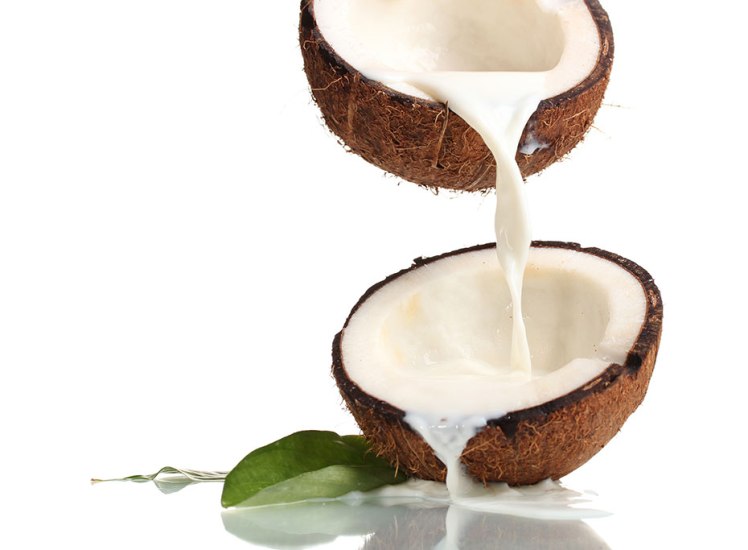
Paleo athletes love full-fat coconut milk because it’s high in saturated fatty acids and medium-chain triglycerides (MCT), which are both easily burned as fuel by the body.
Coconut milk is a thick, milk-like liquid obtained by squeezing grated coconut. Just like coconut water, coconut milk too, has many health and skin benefits.
Thanks to its rich and creamy consistency, coconut milk is now an important constituent in many food preparations, especially in Southeast Asia. Before you set out to buy your own coconut milk from the supermarket, wait! You can easily prepare fresh organic coconut milk right in your kitchen.
Grate a whole coconut and add it to 1 ½ cups of hot water. Now allow this to cool at room temperature and then strain the mixture – the liquid so obtained is coconut milk.
Now that you know how easy it is to make coconut milk (not that I have EVER made it personally!), it’s to move on and discover the many benefits of organic coconut milk. Read on to know more…
Lowers Cholesterol Levels
Elevated cholesterol levels affect a good majority of us today; thankfully, we have coconut milk at hand. Though coconut milk itself contains saturated fat, it can actually help lower down cholesterol levels, and boost the levels of good cholesterol. What’s more, coconut milk consumption also gives you that much needed omega 6 fatty acid you require.
Strengthens Bones
Coconut milk contains some amount of calcium and a good amount of phosphorous, both of which are important when it comes to maintaining bone health. Infact, drinking coconut milk has been linked to a lower risk of bone fractures, osteoporosis and arthritis. Selenium, an antioxidant found in coconut milk, is further believed to prevent free radical damage and calm down inflammation commonly observed during arthritis.
Helps Maintain Blood Pressure
The potassium content in coconut milk works wonders in maintaining healthy blood pressure levels, making it one of the best natural treatments for those suffering from high blood pressure.
Prevents Anemia
Anemia, simply put as a deficiency of iron in the body, can be simply overcome by consuming coconut milk. It is believed that each cup of coconut milk contains nearly 1/4th of our daily requirement of iron.
Helps Control Weight Gain
For all those looking to control their weight gain or shed a few pounds, coconut milk works wonders. Thanks to the high concentration of dietary fiber, coconut milk can help suppress hunger and prevent your from indulging in foods that are high-fat.
Boosts Immunity
This one’s a no-brainer- coconut milk keeps cold and cough and other seasonal infections away thanks to its rich micronutrient content. What’s more, it also contains vitamin C, which keeps the immune system working better, thus preventing many diseases and health concerns. To add to that, coconut milk contains antimicrobial lipids, lauric acid, and capric acid- all of which are potential anti-fungal, anti-bacterial and anti-viral agents.
Promotes Prostate Gland Health
Coconut milk is a good source of important minerals and micronutrients that promote prostate gland health. It contains zinc, which is an important ingredient that keeps the prostate gland functioning optimally. Best of all, several studies have pointed out to how coconut milk could slow down the growth of cancer cells.
Hair Care Wonder
Coconut milk, just like coconut oil, holds many benefits for your hair- it works as an excellent natural detangler, prevents balding, nourishes the hair, moisturizes dry and frizzy hair, making it smooth, sleek and manageable, and acts as a wonderful conditioner too!
Skin Care Add-Ons
Whether internally or externally, coconut milk is great for your skin. Thanks to its healthy natural oils, it works as a good natural and organic moisturizer for the skin, which works best particularly for those who have extremely dry and sensitive skin.
It is also a good source of vitamin A, vitamin C, calcium, iron and proteins that lend skin a natural glow and make it look smooth and healthy.
Application and consumption of coconut milk is believed to improve the natural elasticity of the skin, thereby preventing premature ageing and the signs and symptoms associated with ageing, including dark spots, fine lines and wrinkles.
Got a nasty sunburn? Applying plain coconut milk to the affected areas- it’ll soothe the skin and restore moisture to the area, facilitating its healing.
Best of all, coconut milk also works as an efficient make-up remover.
4
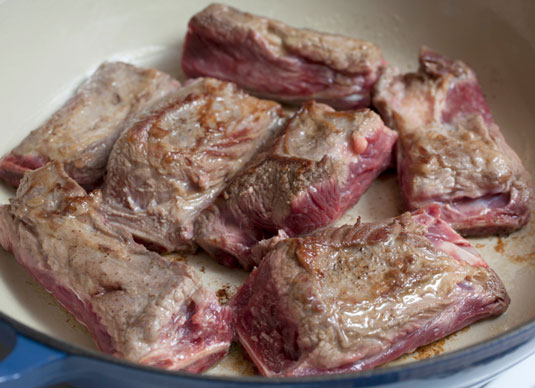
Grass-fed meats really pay off because they’re more nutritious than conventionally raised meats.
Getting the right nutrients in your body for a beneficial workout and refueling your body for recovery is critical for success.
Grass-fed beef, bison, lamb and goats have less total fat, saturated fat, cholesterol, and calories. They also have more vitamin E, beta carotene, vitamin C, and a number of health-promoting fats, including omega-3 fatty acids and conjugated linoleic acid, or CLA.
Hazards!!!!
Is red meat good for us?
All meat, including poultry, provides important nutrients like iron, vitamin B and protein. But all meats, especially red meat, contain saturated fats, the type that raise our blood cholesterol levels, leading to plaque build-up in arteries and increased risk of heart disease. The trouble is we've switched to a grain-fed farming system [from a grass-fed one] and that's increased the levels of saturated fat in red meat. By feeding cows corn and other grains to fatten them up, all we are doing is fattening ourselves up.
The dangers of red meat
• Colorectal cancer
On the one hand, red meat is high in iron, the kind that is easily absorbed by the body (unlike plant sources of iron). Excess amounts of iron could potentially damage the intestinal tract, leading to diseases such as cancer. Studies have shown that a diet high in red meat increases the risk of colon cancer. New preliminary evidence also links it with other cancers including liver and prostate cancer.
• Heart disease
Several major studies have shown that people who eat red meat virtually every day have much higher risks of death from heart disease than those who eat the smallest amounts.
5
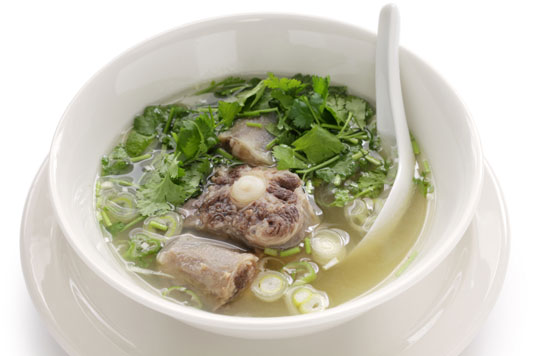
Bone broths are flavorful liquids made from boiling animal bones for an extended period of time, often with vegetables or herbs, and then straining out the solids.
Bone broth is a powerful healer that reduces inflammation, heals infection, boosts immunity, stimulates bone health, heals the gut, and even has a calming effect.
6
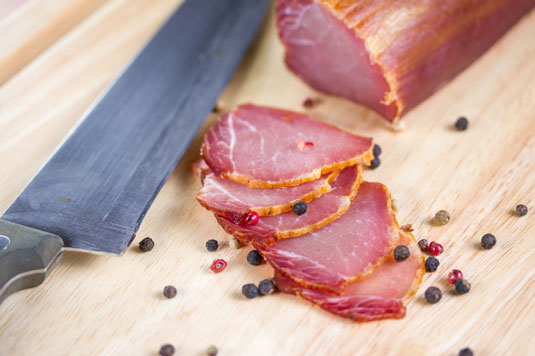
Another bonus besides taste is that jerky is a healthy snack you can take on the go. It’s convenient and high in protein.
After you work out, many times you’re looking to refuel immediately with a snack. Paleo snacking is different from the modern boxed and packaged snacks. But with a little imagination and willingness to try new things, you can find great options, like meat jerky. The trick is to find a healthy source that doesn’t have all the added sugars or processed ingredients.
7
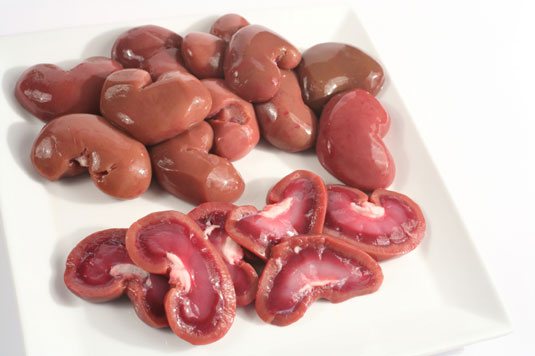
Athletes are always looking for the best sources of protein, and organ meats are definitely one of them.
Organ meats, which include kidney, liver, and heart, have so much nutrition that it’s worth becoming familiar with them. Organ meats have a high concentration of fat-soluble vitamins and are one of the best sources of vitamin D. Organ meats also have essential fatty acids, which are great for your brain and the membrane that lines your cell walls.
8
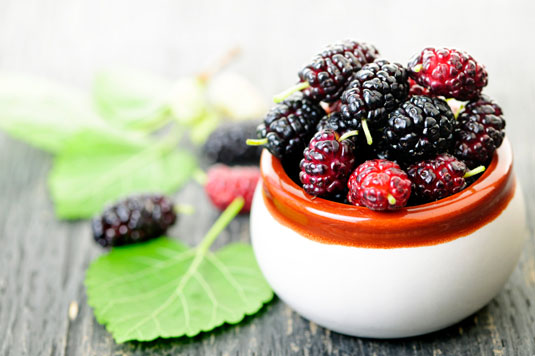
Organic berries — strawberries, blueberries, blackberries, and raspberries — taste great and are a perfect addition to a post-workout meal.
Organic berries are low in fructose (which you want to keep on the low side to avoid blood sugar spikes) and high in antioxidants and nutrition, making berries our favorite fruit. If you can’t get them fresh, frozen berries are a great second choice. In fact, having a bag of frozen, unsweetened berries hanging around your freezer at all times is a great idea.
9
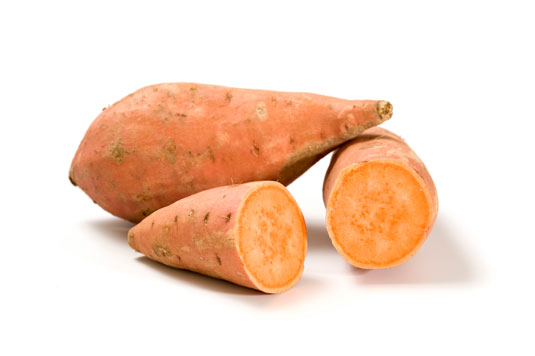
Sweet potatoes take the lead as the number-one recovery food for the Paleo athlete.
Sweet potatoes are superior to white potatoes because they contain more beta carotene (that’s why they have that beautiful orange glow) and contain no antinutrients, whereas the skin of white potatoes do. Antinutrients can cause gut disturbances and nutrients to be depleted from your body, and who wants that? Dice them, sauté them, and mash them with a little cinnamon and nutmeg, and you’re set!
10
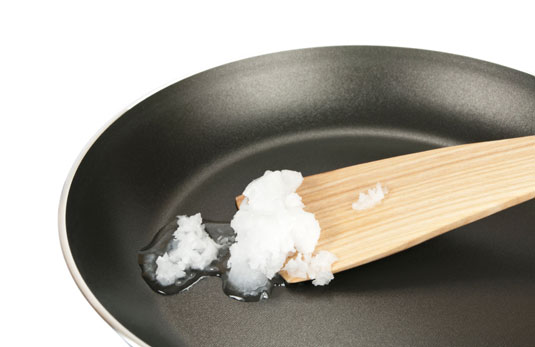
Unrefined coconut oil is a favorite oil to cook with.
You can use it for high-heat cooking without making the oil rancid, which can be a big problem. Even if you start out cooking with a healthy oil (like olive oil or macadamia oil), the high heat may oxidize the oil (which means the oil becomes damaged, or rancid), and you end up with an unhealthy oil.
When you use unhealthy oils, you create inflammation in the body, which is the back story behind many modern-day diseases, including heart disease.
Unrefined coconut oil is also a good replacement for butter because it’s solid at room temperatures and gives you a creamy, delicious taste. It has antibacterial, antiaging and anti-inflammatory properties that boost your immunity for better performance.
